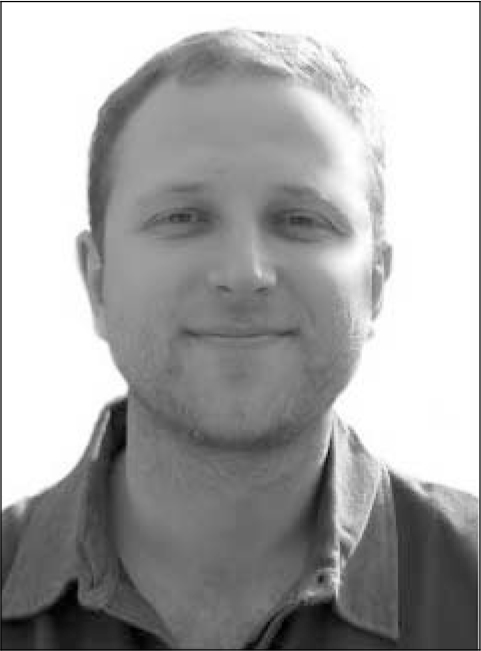
Dennis Ougrin graduated from a medical school in Ukraine in 1998 and came to England to undertake his postgraduate training. He completed his higher training in child and adolescent psychiatry at Guy’s and Maudsley Hospitals and is currently a consultant in child and adolescent psychiatry, leading a Supported Discharge Service at South London and Maudsley NHS Foundation Trust. Dennis is also a visiting lecturer at the Institute of Psychiatry. He leads a programme of information exchange between the UK and Ukraine and organises annual conferences on psychiatric services’ development in Ukraine. His main professional interests include prevention of borderline personality disorder and effective interventions for self-harm. He is an author of therapeutic assessment, a novel model of assessment for young people presenting with self-harm in the emergency department. He is the chief investigator of a randomised controlled trial of supported discharge service v. treatment as usual in adolescents admitted for in-patient care. In addition, he is a mental health editor of the London Journal of Primary Care and an honorary research and audit consultant at NHS Brent.
What are you working on today?
A random allocation study that aims to establish the optimal duration of in-patient stay for adolescents (supported discharge v. in-patient treatment evaluation, SITE).
What is your idea of a perfect mental health service?
One that is fully integrated with public mental health and social care, is prevention-focused and delivers effective interventions.
Which psychiatrist, living or dead, do you most admire?
Dr Semyon Gluzman was and is my main inspiration. Dr Gluzman was a young psychiatrist who dared to confront political psychiatric abuse in the USSR. He was imprisoned for 10 years for his stance. I have not met many people capable of such courage. Dr Gluzman is now the president of the Ukrainian Psychiatric Association and his work focuses on the legal rights of psychiatric patients.
What do you consider to be your greatest achievement?
Developing therapeutic assessment, a brief intervention designed to improve engagement with aftercare in adolescents presenting with self-harm. There is little doubt now that a brief therapeutic intervention at the point of the initial assessment could have an impact on young people’s treatment engagement. The big challenge still remaining is developing an intervention that is likely to reduce self-harm in adolescents beyond the reduction expected due to brain maturation.
What has been your most controversial idea?
A survey I undertook uncovered a high rate of suicide in a particular ethnic group. This was the only time in my career when the results of a survey were banned from publication by the organisation who commissioned the survey due to perceived sensitivity of the findings. I was relieved that common sense eventually prevailed and the survey was published.
What frustrates you most about working in psychiatry?
The amount of time spent in various meetings discussing why a particular organisation cannot accept responsibility for a given patient. I have a collection of these reasons and it is still unfortunately growing.
Which phrase or saying do you use most when speaking to trainees?
If you want to make a difference to the lives of children and adolescents, do child and adolescent psychiatry. Suicide is the second leading cause of death in children and adolescents in most countries.
What single thing would improve the quality of your work?
Better IT.
What is the most important lesson that working with young people has taught you?
Young people are awesome.
If you could graduate again tomorrow, how would your career path be different?
I would learn more about public mental health.
What has been your biggest disappointment?
The way commissioning has been developing in the UK. The negotiations we have with commissioners remind me more and more of the negotiations health professionals have to do with insurance companies in the USA.
What was the last book you read?
Kerensky’s memoirs. It is amazing how one could win and lose the largest empire in the world all in one year.
How would you like to be remembered?
As a person who contributed more than he took.



eLetters
No eLetters have been published for this article.